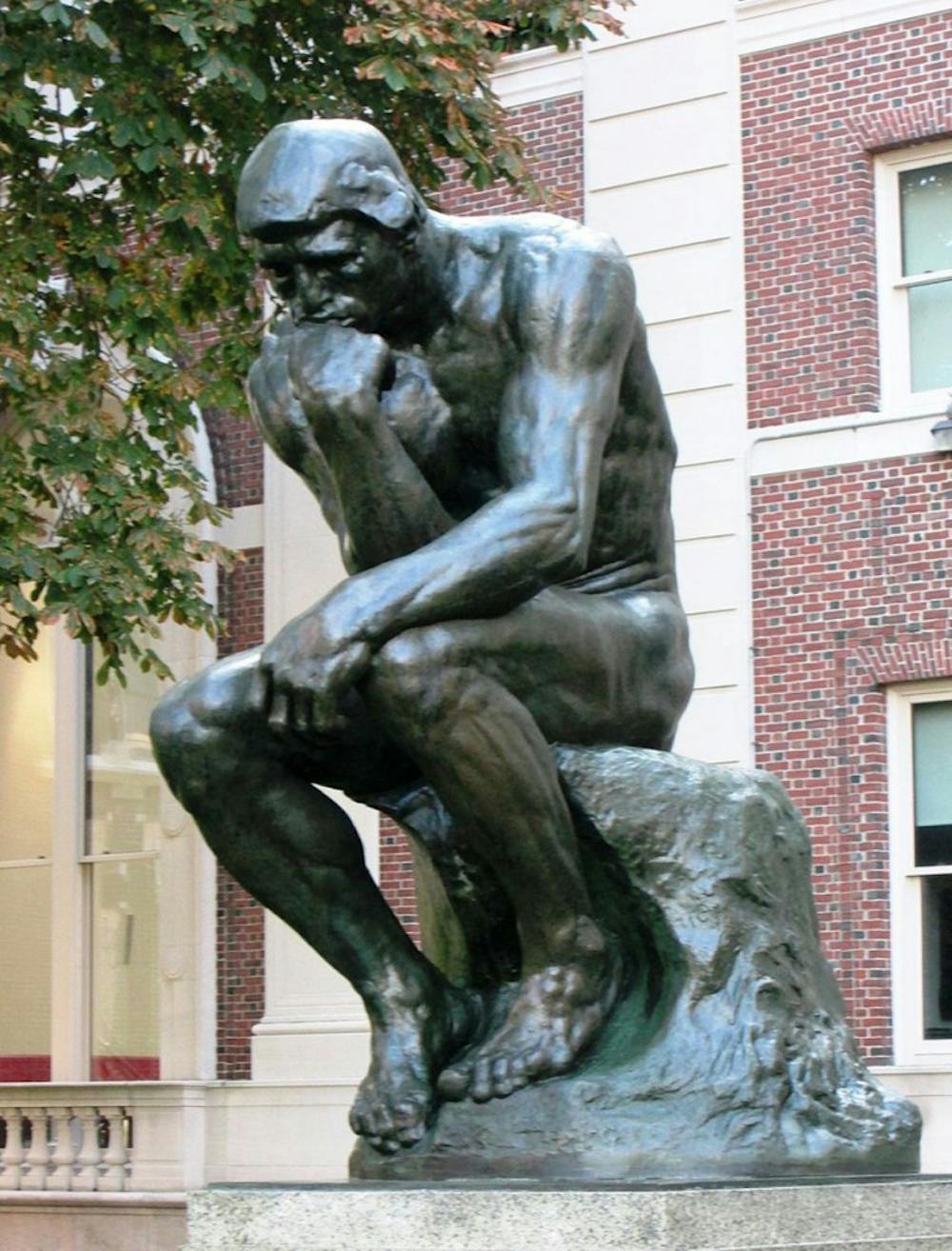I’ve had multiple people approach me over the past few days critiquing my critique of Pythagoras. Some of those were valid, such as how I misattributed a lot of Plato and Aristotle’s metaphysics to Pythagoras, but there was one point in particular that unnerved me with both its content and the frequency of its occurrence. The argument I refer to goes as follows: I shouldn’t mock Pythagoras for having bizarre teachings, since he was alive in an era with different standards more conducive to his line of thought, which I would likely have also adopted had I been around then. I’ll concede that the latter is likely true, but at the same time, Pythagoras was unique for his time in that he dedicated his life to flagrantly building the most stereotypical cult possible. I mean, seriously, let’s break this down:
- He declared himself to be sent by the divine and claimed to have been granted powers of divination.
- He made bizarre proclamations his followers were forced to abide by.
- He lived in a commune where all earthly possessions were shared by its members.
- Said followers explicitly declared fealty to one another to the exclusion of all outsiders.
- He was really into therapeutic dance.
At this point, the only thing left he could do to tick all the boxes was to have his compound burned down by the Bureau of Alcohol, Tobacco, Firearms and Explosives. Yes, there were a few philosophical schools who made a habit of acting like Heaven’s Gate, but they weren’t your standard fare. There were some that were fairly sensible, even from a modern perspective. For instance, the atomists, who came a little after Pythagoras, are a shining examples of reason and intellect in the time’s sea of stupidity. So, instead of going on about philosophers whose good ideas were undercut by abject insanity, let’s talk about those guys, since they were absolutely incredible, despite the fact that it took the human race 2,000 years to acknowledge it.
The most prominent atomists were Democritus and Leucippus. None of their works still survive — most of what we know of them comes from the rival philosopher Aristotle. This is the equivalent of writing a biography on Bill Clinton using only Newt Gingrich’s private notes as a source. So, as biased as our sources on him maybe, it somehow could have been worse. According to the biographer Diogenes Laertius, Plato hated the atomists so much that he wished all of Democritus’ books would be burnt.
So, what inspired such fervent hatred? Well, back in the day, a man named Parmenides decided that since you could subdivide numbers infinitely, change could not occur unless things were created ex nihilo, thereby making it illusory. This is wrong, but people had a hard time figuring that out because calculus hadn’t been invented yet. Anyways, Leucippus and Democritus thought this was stupid, so they made a rebuke claiming that the universe had unchanging material principles called atoms, which bounce off each other, rearrange themselves, and occasionally combine if conditions are favorable, thereby allowing change. Furthermore, although the atoms are permanent, the structures they make are impermanent, meaning that everything will degrade in time. In other words, they accidentally stumbled into parts of Dalton’s Atomic Theory, the First and Second Law of Thermodynamics and the Kinetic Theory of Gases while trying to make Parmenides understand how fractions work.
If Democritus and Leucippus were as dogmatic as Pythagoras, all of this would have been for naught. Luckily, the atomists also happened to be strict materialists and determinists. As a result, they were able to work out the process of induction, which is the backbone of scientific reasoning. From there, they were able to work out that the universe was dictated by immutable laws, the qualities of an object were based on its atomic composition, life arose from simple origins and thought and perception are created by mechanisms within the body. They still got everything wrong whenever they tried to work out what those mechanisms were, but they were unusually good at getting the basic outline down, had the curiosity to seek out new knowledge and the skepticism to separate the wheat from the chaff.
Unfortunately, Parmenides, in his quest to prove nothing happens, came back claiming that because they defined the “void” it therefore must be something, since apparently empty space is apparently not empty if you name it. All the other philosophers began hating them for rejecting deities and the concept of a first cause, ignored them or made pointless, stupid additions to their ideas so their ideas would conform to those of other philosophers. Knowledge then stagnated until Aristarchus’, Archimedes’ and Eratosthenes’ works in Syracuse and Alexandria. We have Plato and Aristotle to thank for that.
Benjamin White is a Humor columnist for The Cavalier Daily. He can be reached at humor@cavalierdaily.com.





